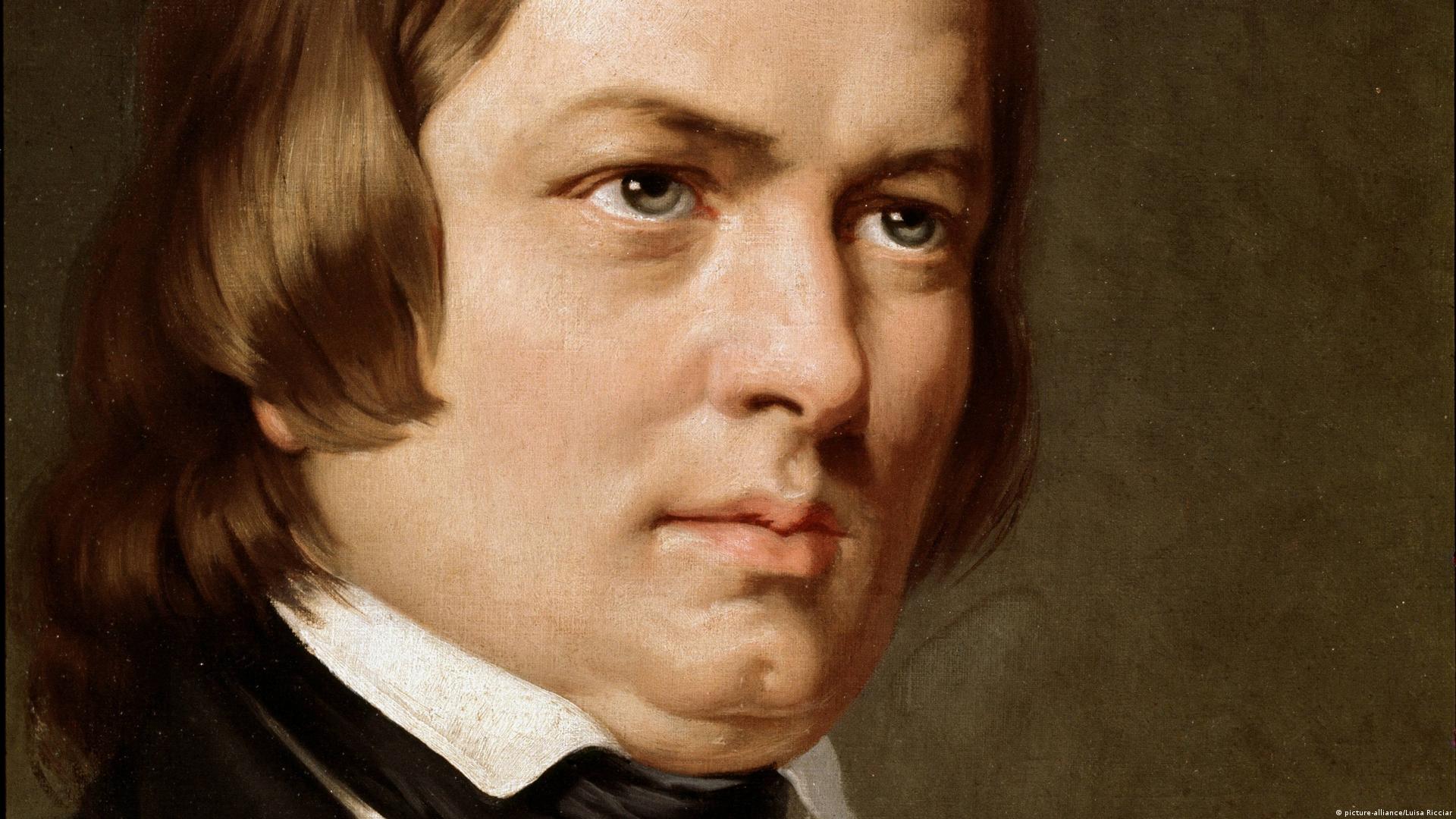Robert Schumann, a renowned 19th-century German composer, was a true master of melodic expression. His compositions captured the essence of Romanticism and left an indelible mark on the world of classical music. Among his vast body of work, his songs stand out as gems that beautifully showcase his gift for melody and emotional depth. In this blog post, we delve into the world of Robert Schumann and explore seven of his best songs that have stood the test of time.
- “Dichterliebe” (A Poet’s Love): “Dichterliebe” is often regarded as one of Schumann’s greatest song cycles. Composed in 1840, this collection of sixteen songs sets poetry by Heinrich Heine to music. From the hauntingly beautiful “Im wunderschönen Monat Mai” to the heart-wrenching “Ich grolle nicht,” Schumann’s gift for capturing the complex emotions of love and longing is on full display in this remarkable composition.
- “Frauenliebe und -leben” (A Woman’s Love and Life): Continuing his exploration of love, Schumann created another captivating song cycle, “Frauenliebe und -leben.” Composed in 1840, it tells the story of a woman’s journey from falling in love to marriage and motherhood. The songs are filled with tenderness, joy, and poignant reflections, culminating in the bittersweet final piece, “Nun hast du mir den ersten Schmerz getan” (Now you have caused me the first pain).
- “Widmung” (Dedication): “Widmung” is one of Schumann’s most beloved songs. It is the first piece in his song cycle “Myrthen” and is a musical setting of a poem by Friedrich Rückert. The heartfelt lyrics and the soaring melody combine to create a captivating expression of love and devotion. This song has been cherished by singers and audiences alike for its emotional depth and expressive power.
- “Mondnacht” (Moonlit Night): Written in 1840, “Mondnacht” is a breathtakingly beautiful song that perfectly captures the ethereal and mysterious atmosphere of a moonlit night. The evocative lyrics by Joseph von Eichendorff, coupled with Schumann’s sensitive composition, make this piece an exquisite portrayal of the wonders and dreams that the night can inspire.
- “Du bist wie eine Blume” (You are like a flower): In this tender and delicate song, Schumann sets a poem by Heinrich Heine to music. “Du bist wie eine Blume” showcases Schumann’s ability to convey deep emotions through simplicity. The lilting melody and the poetic imagery of the lyrics paint a vivid picture of love and admiration.
- “Wanderlied” (Wandering Song): As the title suggests, “Wanderlied” is a song about wandering, about embracing the open road and exploring the world. With a lively and uplifting melody, Schumann captures the spirit of adventure and the yearning for new experiences. This song stands as a testament to Schumann’s ability to evoke a sense of wanderlust through his music.
- “Ich grolle nicht” (I bear no grudge): From the song cycle “Dichterliebe,” “Ich grolle nicht” is a deeply emotional piece that expresses a sense of resignation and acceptance after heartbreak. The music perfectly conveys the conflicting feelings of pain and forgiveness, allowing the listener to empathize with the profound emotional journey captured in the song.
Conclusion:
Robert Schumann’s songs continue to enchant and move listeners with their timeless beauty and emotional depth. Through these seven selections, we have explored the breadth of Schumann’s musical genius, from his exploration of love and longing to his ability to evoke the wonders of the natural world. Whether you are a devoted classical music enthusiast or a newcomer to the genre, exploring these songs will undoubtedly be a rewarding and immersive experience. Immerse yourself in the melodic masterpieces of Robert Schumann and discover the profound emotional landscapes he created through his music.


Comments are closed